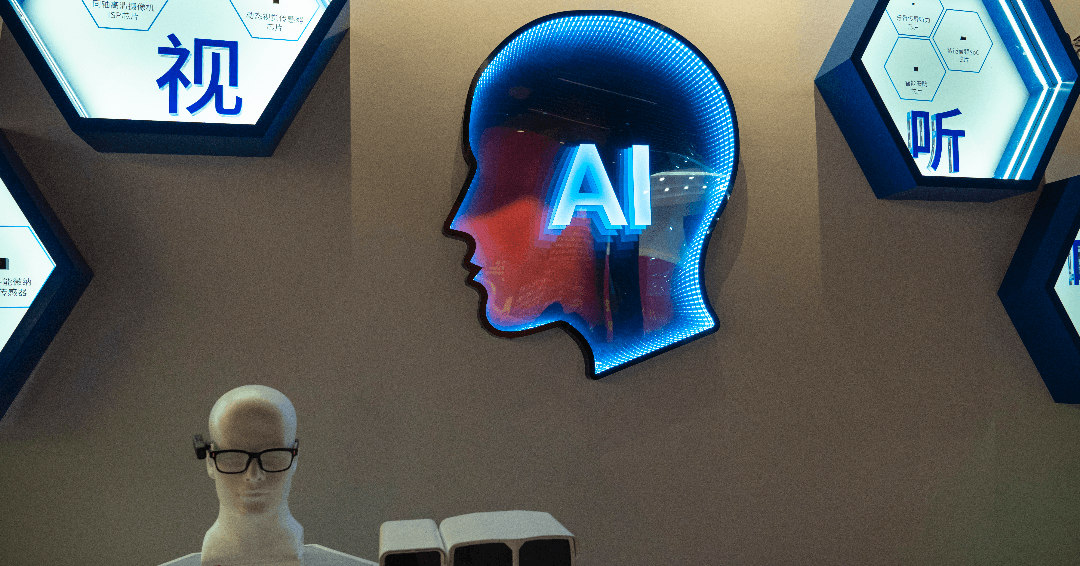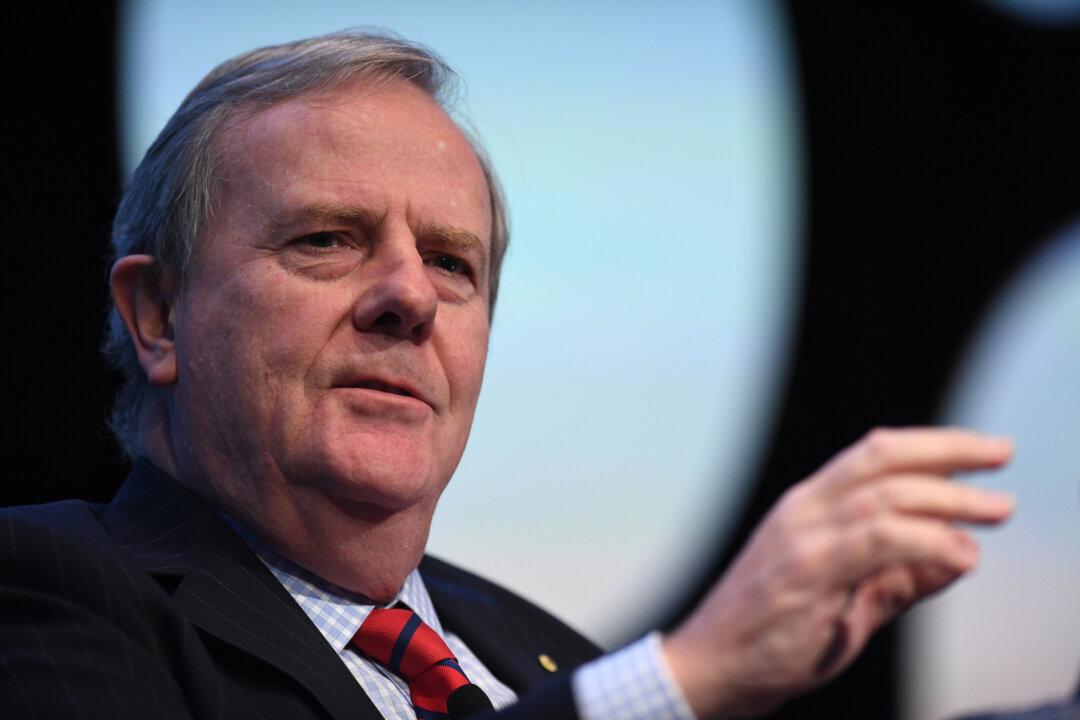An overwhelming majority of Australian voters are concerned over how AI technology could be used to spread misinformation via fake election ads created with synthetic footage.
Findings released by Adobe on June 7 suggest four out of five people want the use of AI banned after admitting they were struggling to determine misinformation from legitimate information.





